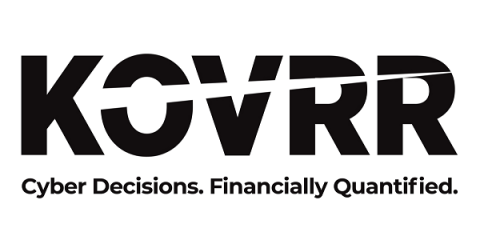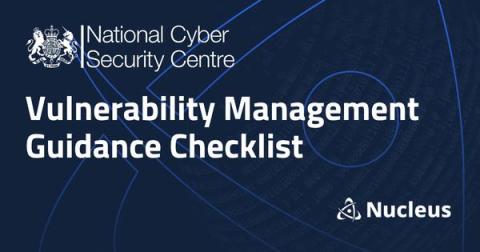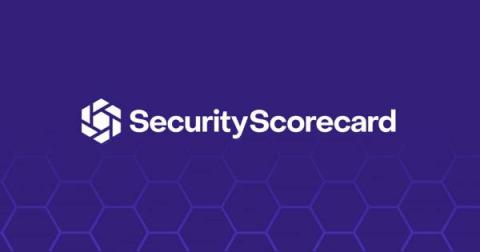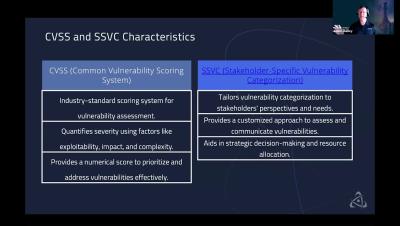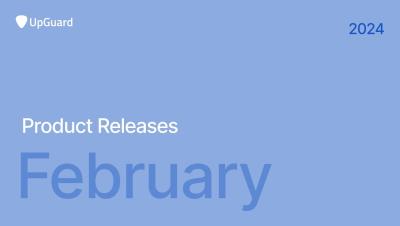5 Cyber Governance Tips for Board Members, Inspired by New Bitsight-Google Study
Cybersecurity has become a critical part of corporate governance, with board members increasingly held accountable for the digital safety of their organizations. Amid rising breach costs, new cybersecurity regulations like those from the U.S. Securities and Exchange Commission (SEC), and new studies finding widespread cybersecurity failures, the impact of board-level cyber governance decisions is significant.



